Vol. 22, No. 2 Sponsored by:
We're on Facebook! 662 members and counting... Lubbock, TX -- Hello Mass Communication Division members! Hope you are having a wonderful summer! Thanks to all who submitted their NCA papers and proposals to the Mass Communication Division! Special thanks to Dr. Tracy Worrell, who is the MCD research chair and the fantastic program planner for our MCD division. Also, thank you so much to Dr. Nicole Martins and Dr. Jessica Gall-Myrick, who also assisted with the planning and coordinating of our MCD sessions! I'm pleased to inform you that the conference program is available through NCA's Convention Central: https://ww4.aievolution.com/nca1701/index.cfm?do=cnt.page&pg=1011. You can also register for the convention and/renew your NCA membership on NCA's website: www.natcom.org. Please be sure to indicate your affiliation with the mass communication division. Finally, the block of NCA convention hotel rooms is now available for reservation. According to NCA's website, the group rate for a single or double room is $189 per night (plus applicable taxes and fees). Visit https://www.natcom.org/convention-events/convention-resources/hotel-travel and click on "Online Reservation" under the "Hotel" tab to get started. NCA's hotel web page also provides information about a limited number of discounted student hotel rooms. I look forward to seeing y'all in my hometown, Dallas! Don't forget to keep up with MCD events and happenings through the Gatekeeper online, our MCD Facebook page, and twitter account (remember to add the hashtag #ncamcd to your tweets).
Editor's NotePocatello, ID -- Please enjoy reading through this new issue of The Gatekeeper. Below you'll find a Gatekeeper Scholar Chat with Dr. Lyombe (Leo) Eko from the Texas Tech University. His work focuses on comparative international communication, digital media, and legal issues in cyberspace. I also cannot help but share a recent article published in the Journal of Media Literacy Education by Evelyn Ramsey, The Basic Course in Communication, Media Literacy, and the College Curriculum. It encourages NCA to include language on media literacy in the components for the basic course. Perhaps this can be the start of a productive discussion with other colleagues in our discipline? Please pass along ideas for future issues of The Gatekeeper. I'd like to add more content on research and pedagogy moving forward. Our next issue will be issued just prior to the convention. All the Best,
<<back to top>> AnnouncementsNCA's Mass Communication Division Invites Nominations for Teaching and Service Awards (2017)Columbia, MO -- The Mass Communication Division would like to announce a call for the teaching and service awards. Please read and follow the links below. The MCD Teaching Award is designed to recognize excellence in teaching, using the term "teacher" in a broad sense. In order to be considered, the nominee must be a member of NCA and the MCD, must have taught for over ten years (post-graduate), and must have been recognized for teaching excellence by his/her department, unit, college/university, or other group or association. This includes, but is not limited to, awards, merit evaluations, student recognition, etc. Self-nomination is encouraged in addition to nominations by others. The nomination packet should include the Application for Candidate Nomination (completed online), the applicant's curriculum vitae, and three letters of recommendation (not to exceed two pages; one must be from a current or former student). The MCD Service Award is designed to recognize excellence in service, using the term "service" in a broad sense. In order to be considered, the nominee must be a member of NCA and the MCD, must have served the NCA and MCD in a number of capacities, and must have evidence of exemplary service to several of the following: NCA, MCD, their profession, their community, their department, and/or their college/university. Self-nomination is encouraged in addition to nominations by others. The nomination packet should include the Application for Candidate Nomination (completed online), the applicant's curriculum vitae, and three letters of recommendation (not to exceed two pages each). To be considered for the teaching or service awards, complete the following by Friday, September 22nd, 2017:
Vice Chair-Elect
Elizabeth Behm-Morawitz University of Missouri Department of Communication 108 Switzler Hall
Columbia, Missouri 65211
Dallas, TX -- NCA Caucus Student Travel Grants NCA offers travel grants for student members of NCA caucuses! The deadline to apply is September 8th. For more information, please visit: https://www.natcom.org/academic-professional-resources/nca-grant-opportunities/nca-caucus-student-travel-grant Bloomington, IN -- Five Job Positions at Indiana University The Media School at Indiana University Bloomington invites applicants for the following faculty positions, effective August 1, 2018: Environmental Communication (Assistant Professor, Tenure Track). This position is part of Indiana University’s Prepared for Environmental Change Grand Challenges -- a multi-million-dollar program focused on the environmental (grandchallenges.iu.edu). Duties include teaching, research, and service, as wellas participation in the Grand Challenge project. The candidate should have a Ph.D. in a media related-field or be ABD at the time of application. For the full job description and application process, please see indiana.peopleadmin.com/postings/4193. Questions should be directed to Dr. Paul Wright (paulwrig@indiana.edu) Advertising (Assistant Professor, Tenure Track). The successful applicant will help develop our advertising and strategic communication curriculum, teach/do research in this area, and engage in service. A Ph.D. in media related fields or ABD status at the time of application is required. For the full job description and application process, please see indiana.peopleadmin.com/postings/4192. Questions should be directed to Dr. Robert Potter (rfpotter@indiana.edu). Social Scientist (Assistant Professor, Tenure Track). Candidates for the position should have a social science background with a record of publishing innovative media research. We hope to hire a colleague who can build on existing research strengths in areas such as media effects, health communication, media policy media economics, or political communication. Duties include teaching, research, and service. The candidate should have a Ph. D. in a media related-field or be ABD at the time of application. For the full job description please see indiana.peopleadmin.com/postings/4190. Questions should be directed to Dr. Nicole Martins, (nicomart@indiana.edu). Media Theory, Culture, and Technology (Assistant Professor, Tenure Track). Candidates working in areas such as screen studies, emergent media, sound studies, software studies, media history, technology studies are encouraged to apply. Digital humanities approaches are welcome. The position’s duties include teaching, research, and service. The candidate should have a Ph. D. in Media Studies, Film Studies, or a closely related field or be ABD at the time of application. For the full job description please see indiana.peopleadmin.com/postings/4189. Questions should be directed to: Dr. Stephanie DeBoer, (sdeboer@indiana.edu) Advertising (Lecturer, Non-Tenure Track). This is a position for someone with significant experience in the advertising industry. A BA with peer or public recognition of professional achievement are minimum requirements. An advanced degree is preferred. Responsibilities include curriculum development, teaching, service, and supporting the professional development of students. For the full job description and application process, please see indiana.peopleadmin.com/postings/4191. Questions should be directed to Dr. Walter Gantz (gantz@indiana.edu). Applications received by October 20, 2017 will receive full consideration for these positions; however, applications will be considered until the position is filled. Indiana University is an equal employment and affirmative action employer and a provider of ADA services. All qualified applicants will receive consideration for employment without regard to age, ethnicity, color, race, religion, sex, sexual orientation or identity, national origin, disability status or protected veteran status. <<back to top>> Gatekeeper Scholar ChatDr. Lyombe (Leo) Eko
Dr. Eko enjoys traveling the world and learning new languages. He's currently acquiring Spanish, which would be his seventh. He also enjoys bike-riding and gardening. Sqaush, in particular, is a favorite of his to grow, but he says Lubbock is hospitable to peach, pear, and cherry trees as well. Dr. Eko spoke with the Gatekeeper via Skype for an interview in July. Gatekeeper: You work deals with digital media and law from an international perspective. You've published on everything from political cartoons in African nations and the Balkan Wars to American and French exceptionalism in the online world. How, then, do you assess the digital media environment today on a global scale, including the Russian meddling in the American presidential election of 2016? LE: Digital and social media turned out to be a pandora's box nobody anticipated. We have interconnected fragmentation: while media makes us connected, we are still culturally fragmented. It's not helping us build bridges toward each other, but is highlighting our differences -- political, cultural, social, and legal. We're beginning to see countries try to reinvent the Internet to suit their political culture, and that's very clear in Russia. Remember from the very beginning that the Internet was created as instrument against Russia. It was intended to survive a nuclear war. Ultimately, when the Soviet Union collapsed, only then did the United States Congress open up the Internet in 1992. Russia wanted it on its own terms, but it is not an open culture. Russia was suspicious because the US invented the Internet and a lot of networks transit through the United States. When the Internet was created, it wasn't supposed to include the idea of hacking and hackers interfering with communications and stealing information. It was supposed to be a wide-open communication system. So Russia sees that it has an interest in influencing content and making sure it is controlled. Since Putin, the goal has been to ensure Russia is a dominant power. It sees the United States as in its way. The Russians clearly preferred Trump to Clinton, no doubt. He is like a czar -- you have political and monetary power, and Russians respect that. Gatekeeper: A book you wrote a few years ago is titled New Media, Old Regimes. It's fascinating. I'm curious whether you still see the digital landscape as an extension of old government powers using new media technologies? LE: Governments are trying to align new media to advance old systems. For example, Russia. The more it changes the more it stays the same. It has always had an authoritarian streak. So the country uses new media to bolster its old ways of empire. The United States also in a way. The US has the oldest democratic system in the world -- 241 years. But it wants to use the new media to protect the system: freedom of expression, the marketplace of ideas. What took place in real place has now been transferred into cyberspace. Gatekeeper: What threats do you see right now with respect to freedom of expression? Do you see digital media as opening democratic discourses? LE: When the Internet was first opened up in the 1990s, cyber-utopians thought we had a new open space for expression beyond the scope of governments. Experience has shown this is not the case. Cyberspace has definitely created open spaces, but the gatekeepers are now linguistic capitalists -- these huge information technology companies. The monetization of search, information as a commodity. Facebook just reached 2 billion people and only 20 percent of it is in English. This makes them a gatekeeper, just like Google. Government has less power over communication than they once had, but now we have the power of soft law -- that of algorithms. These companies write algorithms that we live by, they tell us what we can and cannot do. Then we have mediators deciding what is acceptable. You've probably seen Facebook trying to crack down on fake news. But that enables them to set the standards. Knowing the First Amendment does not apply to them, they now have the power of soft law. Now governments find themselves in a situation where they have to share power because, ultimately, these companies have their terms of service. Like intellectual property. The soft law of the corporation becomes its own style of government. Gatekeeper: Within the broad context of media history, I'm wondering whether these notions of linguistic capitalism and soft law have been around for some time if you trace media technology back to the telegraph, in the 19th century, and radio and television, in the 20th. LE: This is the old style of capitalism transforming itself into new media. The informationalism of capitalism began with Reuters. But now the search engines and so forth have shown how capitalism is so adaptive, like a chameleon. It's a surviving system unlike socialism, which has all its eggs in one basket and when it falls it breaks completely. Capitalism reinvents itself over and over again, and it is the driver of new technologies. All of these big new media companies are American, too. The Chinese are trying within their state system to keep up, but they want the Internet on their own terms, too, with a firewall. Countries are struggling to contain and shape the Internet. Even the French, who are strict with culture, are trying to control language. With new technologies, the French academies are trying to come up with new language for software and hardware because they do not want people to use English. Gatekeeper: We've talked a lot about big countries, but what about nations across the global south, from Asia and Africa to South America. What cultural or political changes do you see there arising from digital media? LE: Diffusion of innovation theory posits that as ideas move out in waves, they have to be reinvented in one form or another. Mark Zuckerberg, the CEO of Facebook, was just in Nigeria! A lot of the recipients of this technology have to localize, and we're seeing this with Microsoft, who have tried to create local versions -- as in Swahili. A lot of these countries have used it for authoritarian purposes. In Ethiopia, one of the poorest countries, the government is trying to control information and the Internet. However, having a web presence is the start, especially when more content is localized through different languages. What we see right now in Africa, then, is a localization of digital technologies. For instance, Facebook and the Chinese are trying to create a stripped down phone with only calling and Facebook on it. As the number of users go up, the cost of the technology goes down. And we're seeing spaces of communication open that governments cannot totally control. But I'm also doing a study on African countries that are trying to block the Internet to control dissent. Governments can just pull the plug on the Internet and shut the servers down. Cameroon just shut the Internet down for 93 days! Yet the United Nations said last year that access to the Internet is a human right. The inventors of the Internet thought it could never be shut down, but turns out you can shut the switch. Simple as that. Gatekeeper: So in some ways we don't have the wonderful global village we were promised. LE: There was a lot of hype. The Internet does not do things to governments. The government does things to, and with, the Internet. We thought the Internet would knock out authoritarian governments and lead to total free speech, but the Internet cannot bring down governments. It can embarrass governments, but governments do things with the Internet. Gatekeeper: And you've published on the Arab Spring, which was seen as being fueled by smartphones and Twitter. Different scenarios played out in different countries, but the consensus seems to be that whereas a lot of promise was held, the revolutionary character of these technologies can now be put into question. LE: The Arab Spring shows us that the power of the Internet and social media was overestimated. There's a paper I'm trying to finish right now on the Arab Spring that information activities on the street challenged governments, but behind that was information companies who felt threatened. Governments wanted to shut down the system, so these companies took sides. They wanted their linguistic capitalism to continue. So the information technology companies saw the Arab Spring as a period of instability that caused them money. When the rebellion was over, they ended up siding with governments again. The Arab Spring ultimately fizzled. Right now in the Gulf states some countries are demanding that the [Qatari-based] news network, Al-Jazeera, shut down. And you know what? The western countries haven't come out and condemned that. The Trump administration, which has its problems with the media to put it lightly, is not sympathetic. But if it wanted to show it was a champion of free speech, it would have stood up for that. Same goes for the British and the French. But they don't want to ruffle the feathers of other businesses there. The silence is deafening. I hope Al-Jazeera doesn't get shut down, but the culture of openness we were promised isn't there. Gatekeeper: In terms of media technology, we've had a continual explosion of new types of mass communication over the last 200 years. Do you anticipate new technologies coming along or see the direction of robotics and artificial intelligence becoming dominant? LE: If you start the timeline of media technology, we reached a certain point of convergence. The Internet represented the total convergence, bringing them all together. But now we're seeing the amalgamation of humans and technology. There was Google Glass, but humans are now becoming communication technology. There is no distinction. That is where we are headed. There are all sorts of implications. We used to say to people, "Get lost!" But right now it's very hard to get lost, because you can be tracked. Ultimately, when technology becomes wearable, there's nowhere to hide. That's the danger, for me. We have problems of liberty and independence. Can we call ourselves autonomous human beings with wearable technology? Pretty soon we'll move from smart watches to technology that becomes implanted in us. It will become a part of us. But then we lose our humanity. Part of the rights of the human person is the right to be alone, to be autonomous. The right to decide without pressure of the government, the crowd, neighbors. You know, we talk about the cloud, but we're entering the age of cloud-thinking. We no longer think of independent thoughts, but cloud-source them. That's dangerous, I think -- it's a higher form of group-think. Gatekeeper: What, if any, current media studies scholarship excites you? LE: Right now we have social media that's part of our interconnected fragmentation. We have our own echo chambers that confirms our ideas. I would like to see our field build bridges between groups intellectually and culturally across this fragmented terrain. We need to move beyond our media silos to those we disagree with. For me, we need intellectual bridge-building. And, in doing so, we need respect for the Other. Right now the Other is a bad word. But in order to maintain intellectual diversity, we must respect the Other and other persons and other views. We still need to respect the fundamental principles of the Universal Declaration of Human Rights, but then we can have a marketplace of cultures where we respect one another in cyberspace. We are enriched from this marketplace. The media tends to promote a homogenization of cultures, and that is to the detriment of everybody. That's the trend, but once we respect the Other, common spaces open up. Wikipedia is a good example. It is a wonderful space, and it is in 288 languages. Gatekeeper: That's wild. LE: And it's growing exponentially. We've never had a cultural institution like that. Wikipedia respects alterity. People can reinvent Wikipedia to suit their culture, like in French or Swahili. Every page is a debate. It's like peer review. That, in my view, is an excellent use of social media. English is our global lingua franca. But it should not be promoted at the expense of the other. We must move in the direction to look at comparative communication. Comparison gives us new insights and helps us respect the Other. We need not focus on the best systems, but look at the Other in communication, the Other in law. Comparative work is important. We have no comparative journal in communication. We have it in law and religion. Globalization has given us the chance to do that. There is intercultural communication, but that is a different thing. Gatekeeper: Thank you so much for today. Are there any final thoughts you have? LE: I love to think like this. The challenges for communicators and those studying communication is how we can have intellectual diversity. We can't shut each other down, or say speech is not allowed. As human beings, in order to be ethical we must be conscious of being open to intellectual scrutiny. <<back to top>> NCA MCD OFFICERS
This site best viewed and navigated with Internet Explorer 7x or greater, and seems to work fine with Google Chrome and Mozilla Firefox. (c) 2017 NCA Mass Communication Division |
|||||||||||||||||||||||||||||||
/20th_2.jpg)
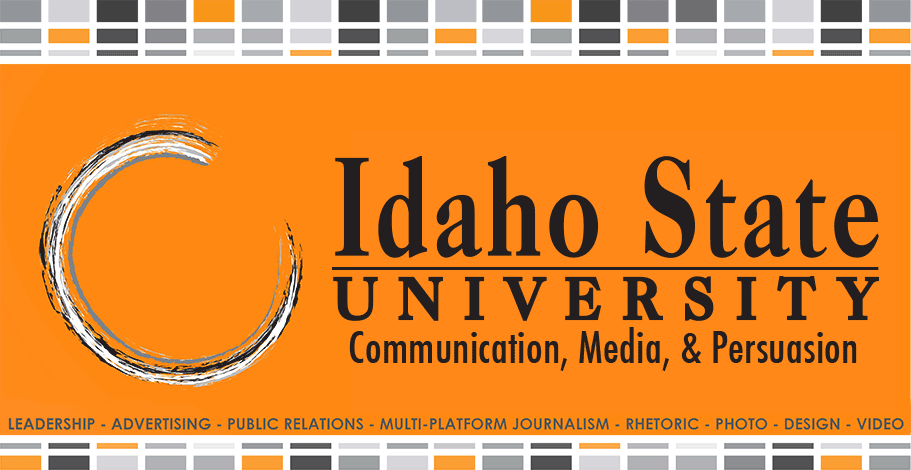

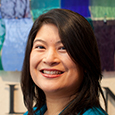
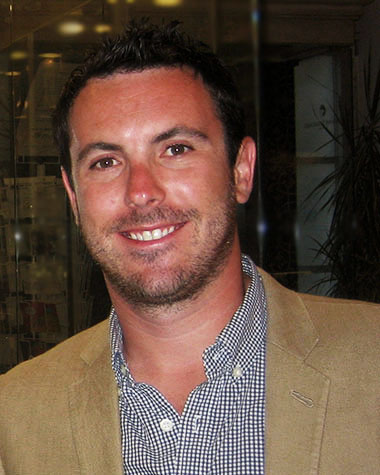 Dr. Zac Gershberg
Dr. Zac Gershberg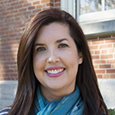
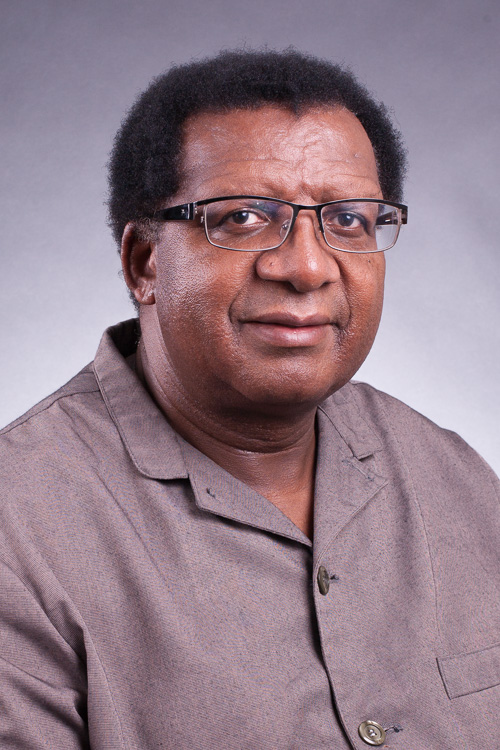 Lubbock, TX -- Dr. Lyombe (Leo) Eko is a professor of Journalism and Electronic Media in the College of Media and Communication at Texas Tech University. He was born in Cameroon but earned his Ph.D. at Southern Illinois University. He has experience working as a journalist across Africa and his research focuses on digital media, comparative cultural communication, and online legal issues. His work has been published in numerous communication, media, and law journals, and Dr. Eko's book credits include
Lubbock, TX -- Dr. Lyombe (Leo) Eko is a professor of Journalism and Electronic Media in the College of Media and Communication at Texas Tech University. He was born in Cameroon but earned his Ph.D. at Southern Illinois University. He has experience working as a journalist across Africa and his research focuses on digital media, comparative cultural communication, and online legal issues. His work has been published in numerous communication, media, and law journals, and Dr. Eko's book credits include 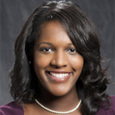
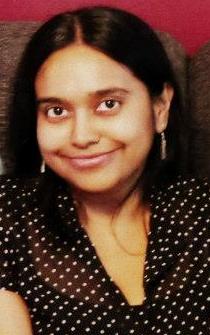
 Secretary
Secretary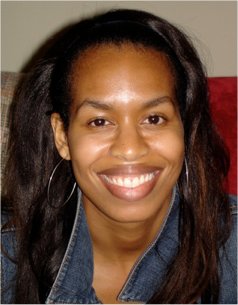 Secretary-Elect
Secretary-Elect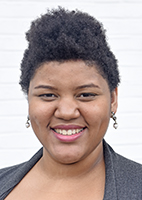 Graduate Student Rep.
Graduate Student Rep.
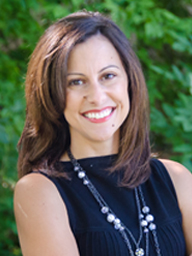 First Vice-Chair
First Vice-Chair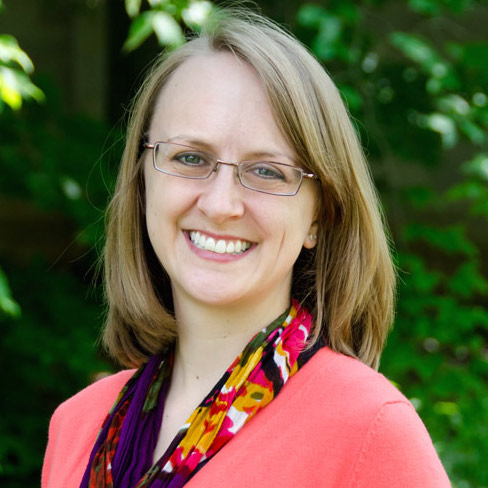 Second Vice-Chair
Second Vice-Chair 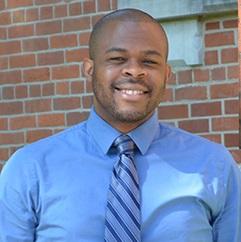 Chair-Elect
Chair-Elect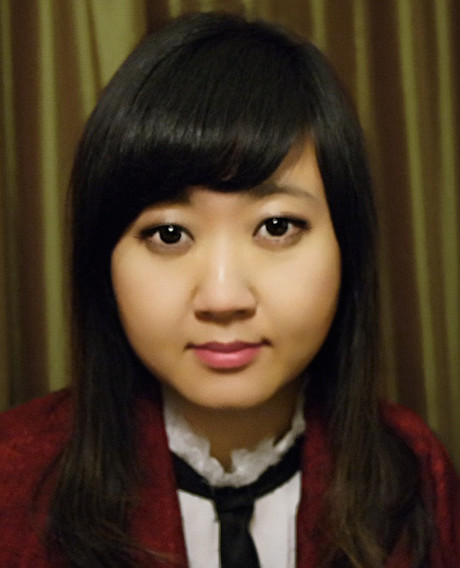 Nominations Committee
Nominations Committee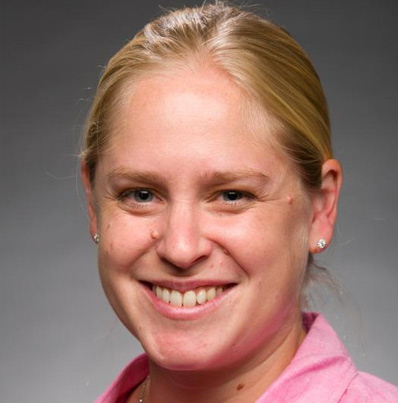 Nominations Committee
Nominations Committee 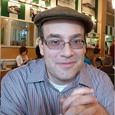 Nominations Committee
Nominations Committee

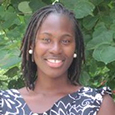 Legislative Assembly
Legislative Assembly